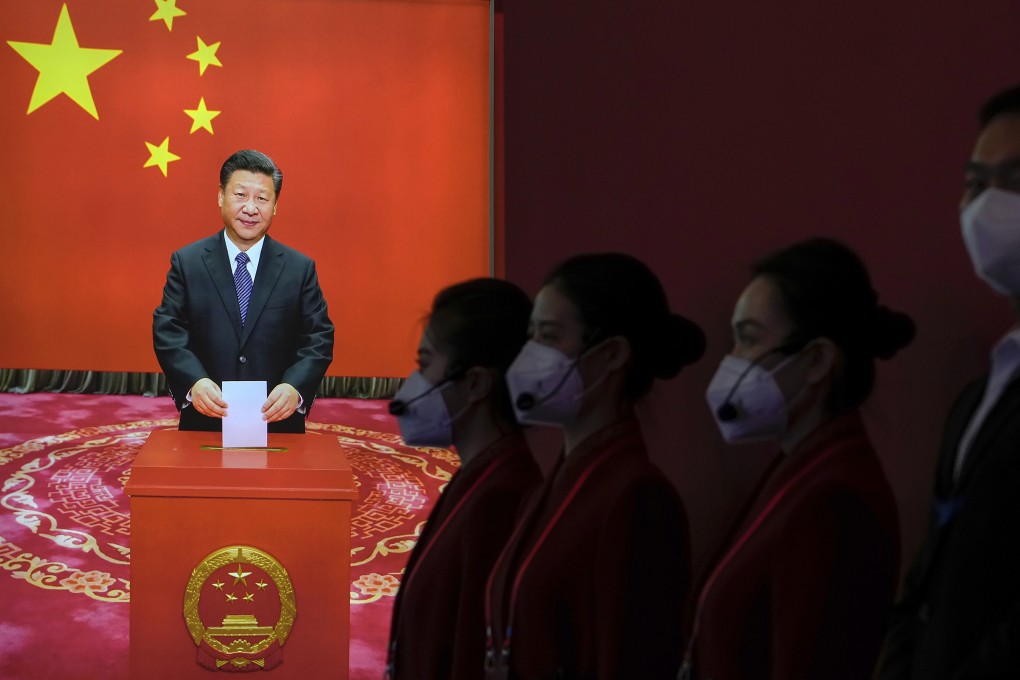Opinion | How Xi Jinping’s focus on security and control punctures decades of China optimism
- With a shrinking working-age population, China needs an acceleration in productivity growth to reclaim its mantle as the world’s greatest growth story, but the Chinese leader has not delivered on the promise of a rebalanced economy

Having shuttled back and forth to the region during that period as Morgan Stanley’s chief economist, I had quickly come to appreciate the power of China’s market-based economic transition. So, in March 1998, I took a very different view on the pages of the Financial Times with my first published commentary on China, “The Land of the Rising Dragon”.
My argument, in a nutshell, was that China would supplant Japan as the new engine of post-crisis Asia. Japan was floundering in the aftermath of its post-bubble implosion, whereas a reform-oriented China had the wherewithal, determination and strategy to withstand the currency contagion of a devastating external shock and sustain rapid economic growth.
As China delivered – boosted by its accession to the World Trade Organization in late 2001 – while Japan sunk into its second lost decade, the Chinese economy took off like a rocket.
It was the beginning of an extraordinary journey for me as Wall Street’s resident China optimist.
In the spring of 1998, I spent a day in Seattle with then finance minister Xiang Huaicheng. He had read my piece in the FT and wanted to exchange views on the Chinese and US economies. He implored me to think of China less in terms of legacy state-owned enterprises (SOEs) and more through the lens of a rapidly emerging entrepreneurial subculture driven by township-village enterprises (TVEs).

